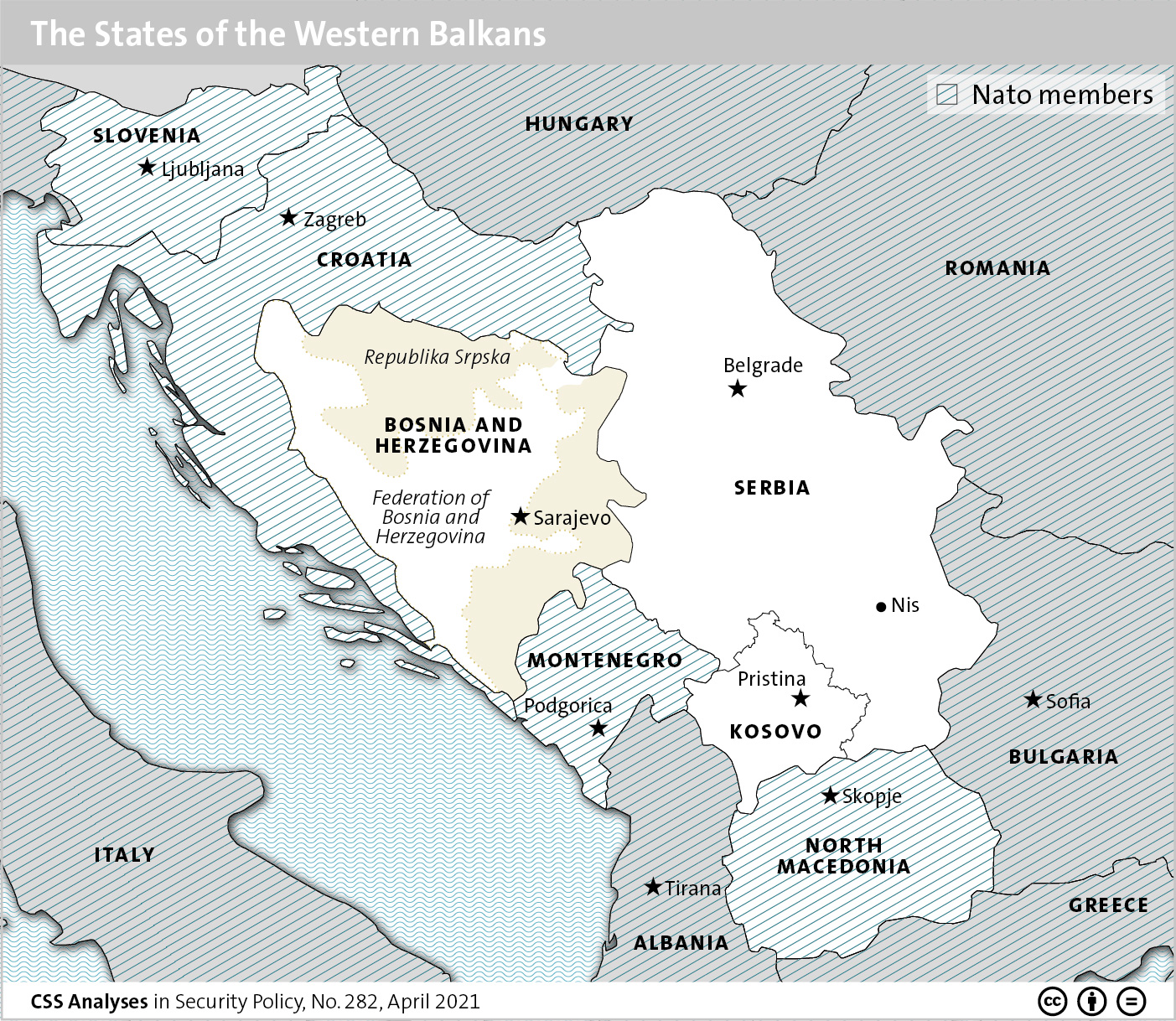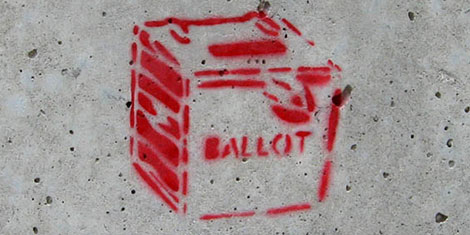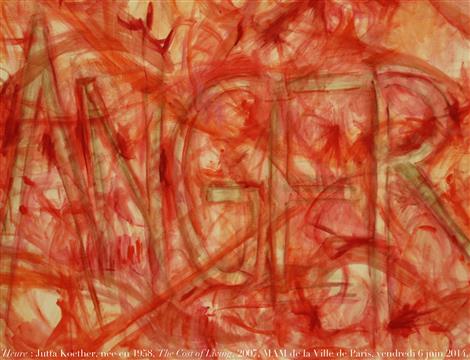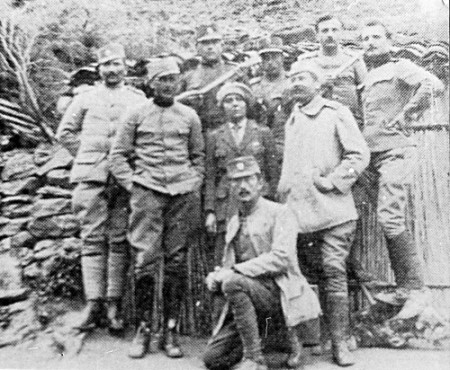
This week’s featured graphic maps the states of the Western Balkans. To find out about the rearmament in the Western Balkans, read Andrej Marković and Jeronim Perović’s CSS Analysis in Security Policy here.

This week’s featured graphic maps the states of the Western Balkans. To find out about the rearmament in the Western Balkans, read Andrej Marković and Jeronim Perović’s CSS Analysis in Security Policy here.

This article was originally published by Political Violence @ a Glance on 11 January 2018.
Democracy’s resilience into the 21st century is rightly questioned. In 2017, a host of countries worldwide saw threats to civil and political liberties, popular participation, and fundamental human rights. Corruption and state capture by predatory political elites led the news in old and new democracies alike. Verbal and physical attacks on civil society, the press, and minorities were reported in virtually all world regions. And new virulent, nationalist ideologies threaten human rights and the carefully crafted post-World War II international liberal order.

This article was originally published by International Crisis Group on 28 April 2017.
The Balkans was best known for minority problems. Today, the most bitter conflicts are between parties that appeal to majority ethnic communities. As recent turbulence in Macedonia shows, Eastern Europe could face new dangers if majority populism ends the current stigma against separatism for oppressed small groups.
The trouble in the Balkans today is not Russian meddling, though there is some of that, but a special case of the malaise afflicting Eastern Europe: unchecked executive power, erosion of the rule of law, xenophobia directed at neighbours and migrants and pervasive economic insecurity. The pattern varies from country to country but is palpable from Szczecin on the Baltic to Istanbul on the Bosporus. The countries of the Western Balkans – Albania, Bosnia and Herzegovina, Kosovo, Macedonia, Montenegro, and Serbia – have long tended to follow patterns set by their larger, more powerful neighbours. They are doing it again.
The ability of the European Union (EU) to fix problems in the Balkans is hamstrung when the same troubles persist within its own borders, sometimes in more acute form. Take erosion of democratic norms: Hungary over the past decade has slid from 2.14 to 3.54 on Freedom House’s “Nations in Transit” democracy score (lower is better). Poland’s decline is more recent but equally steep. Croatia is also backsliding. Almost all the Western Balkan states are declining, too, but more slowly.

Dragoljub Draža Mihailović was a commander of the Yugoslav Army in the Homeland, also known as the Chetnik movement, during World War II. In 1946, he was captured by the communist Yugoslav authorities, convicted of high treason and war crimes, sentenced to death and executed.
The tribunal for his rehabilitation, which began in June 2010 on the request by Draža’s grandson Vojislav Mihailović, is nearing the end now. Although the request has been supported by some academicians, professors and politicians, the public in Serbia is divided. For some, Draža Mihailović is an innocent victim, for others, he is a justly convicted collaborator of the occupiers, who committed crimes not only in Serbia, but in Bosnia and Herzegovina and Croatia as well.

Henceforth, there will be less ethno-nationalist website mystery: Serbian websites will be .rs; Montenegrin websites .me; Bosnian websites .ba (though here some mystery will persist as users will still be unsure without further investigation whether a particular website is from the Bosniak- and Bosnian Croat Federation entity or the Bosnian Serb-dominated Republika Srpska entity); and so on.
For many this may be a day of electronic mourning. Indeed, it is sad to see the last remnants of Yugoslavia erased – however small and ephemeral they were – and to be reminded of what has replaced this once thriving socialist republic.
Of course, for many of those who are old enough to have spent much of their childhood and even adulthood under the national Yugoslav banner (generations who arguably use the internet less frequently than their younger ‘countrymen’) this will not mean an end to Yugoslavia. Indeed, one can still find plenty of people who will forever call themselves Yugoslavs. For them, .yu will live on as an ideal rather than a mere nationality, flag or territory (or domain extension).